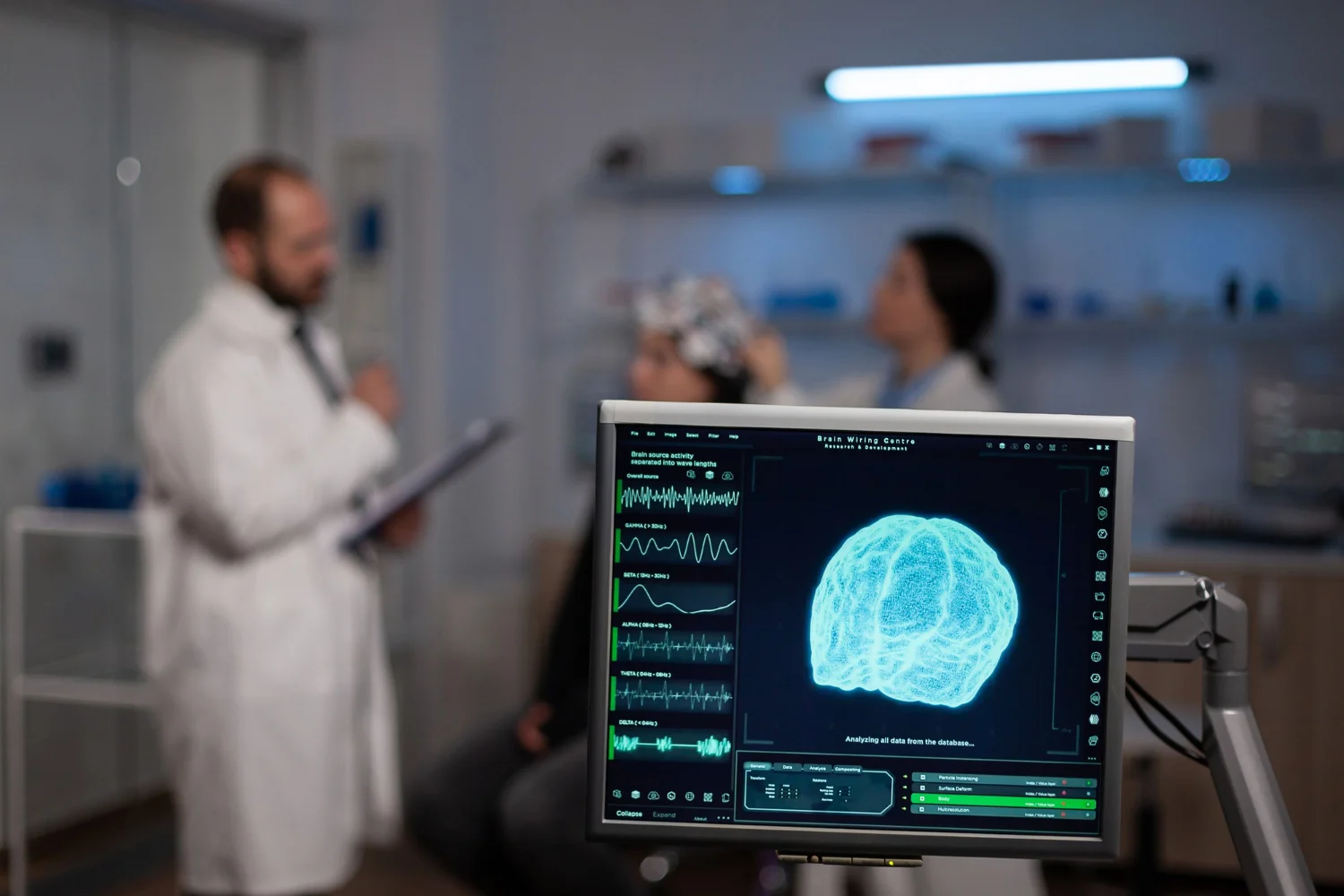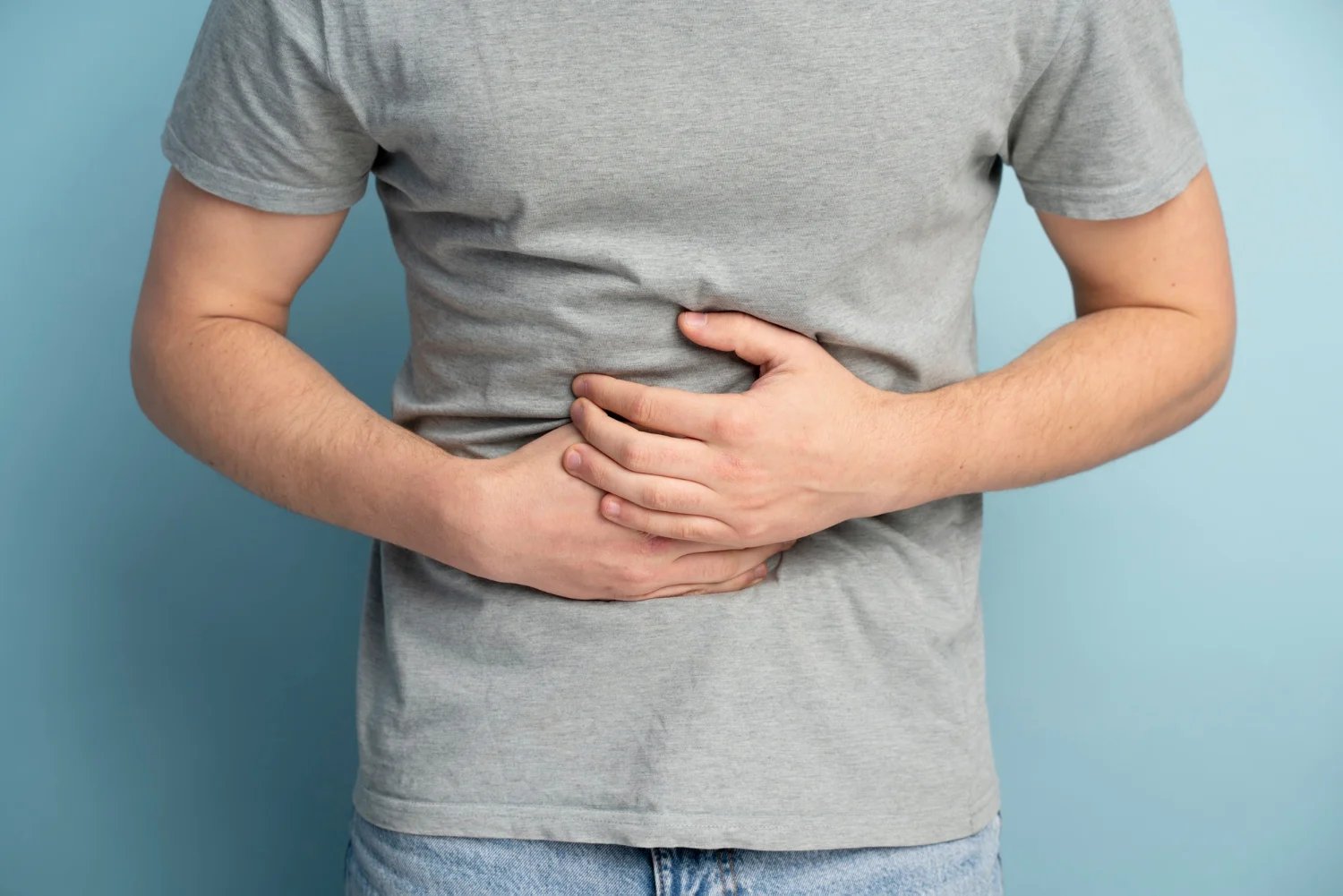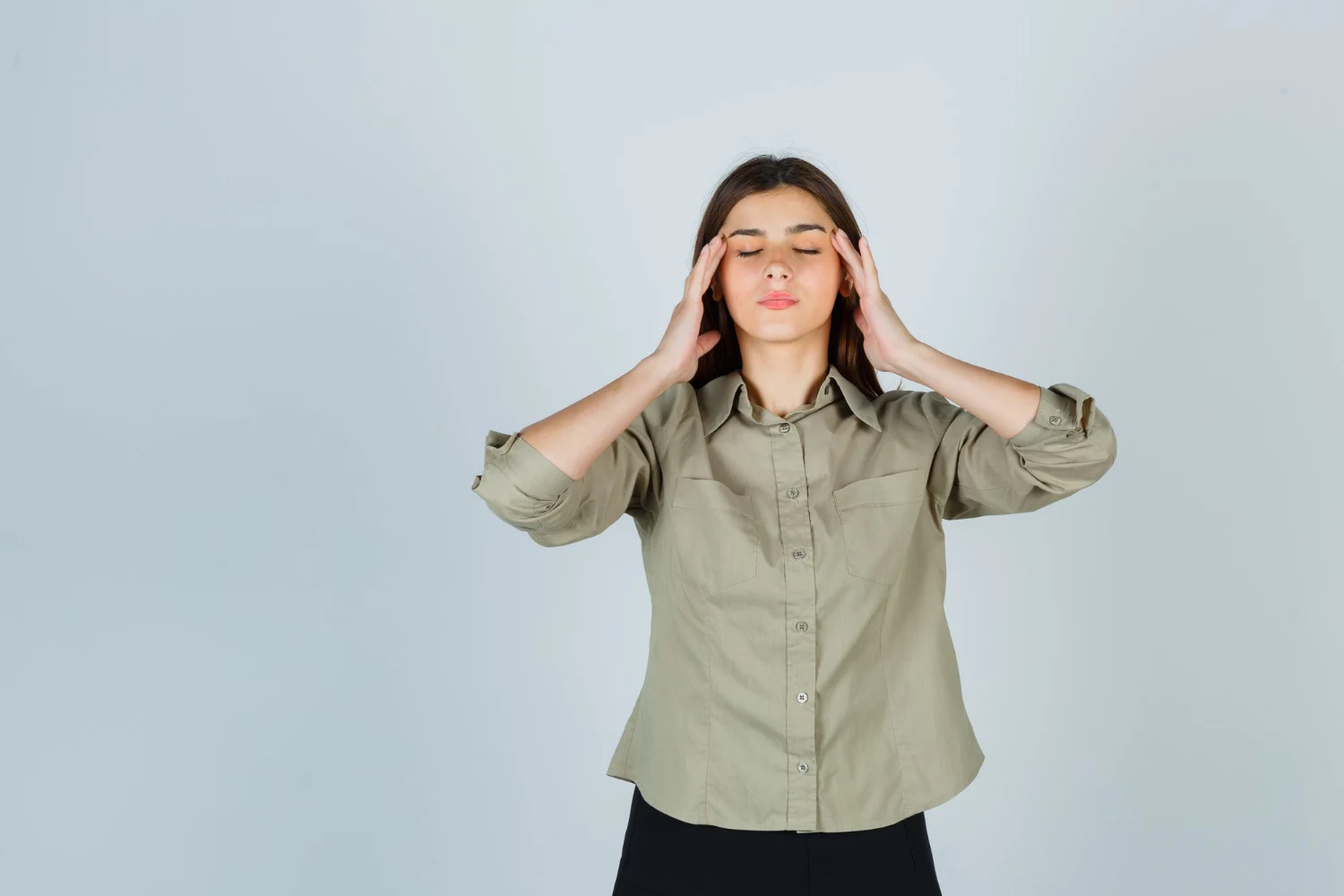How To Reduce Heartburn?
Category: General medicine
Heartburn is a common condition that causes discomfort and burning sensation in the chest, often triggered by acid reflux. Millions of people experience heartburn occasionally, but frequent or severe episodes can impact daily life and signal underlying health issues.
At Lokmanya Hospitals, recognized as the best hospital for comprehensive digestive health care, we understand how distressing heartburn can be. Our team of experienced gastroenterologists offers advanced diagnosis and personalized treatment to reduce symptoms and improve your quality of life. With cutting-edge technology and a compassionate approach, Lokmanya Hospitals is the trusted choice for patients seeking relief from heartburn and other digestive disorders.
In this blog, we will explore how to reduce heartburn through practical lifestyle changes, dietary modifications, medical treatments, and when to seek expert care. We also answer frequently asked questions to help you better understand and manage your condition.
What Causes Heartburn?
Understanding what triggers heartburn is essential to reducing it. Heartburn occurs when stomach acid flows back into the esophagus due to a weak Lower Esophageal Sphincter (LES), leading to irritation and burning pain.
Common causes include:
- Eating trigger foods like spicy, fatty, or acidic foods
- Overeating or eating late at night
- Obesity and excess abdominal pressure
- Smoking and alcohol consumption
- Certain medications and medical conditions
Knowing your triggers is the first step in controlling heartburn.
How To Reduce Heartburn: Practical and Effective Steps
1. Modify Your Diet
Dietary habits play a critical role in heartburn management. Certain foods relax the LES or increase acid production, making symptoms worse. To reduce heartburn:
- Avoid trigger foods: Stay away from spicy foods, citrus fruits, tomatoes, chocolate, peppermint, caffeine, alcohol, and carbonated drinks.
- Eat smaller, frequent meals: Large meals put pressure on the stomach, increasing reflux risk. Smaller meals reduce this strain.
- Avoid late-night eating: Allow 2-3 hours between your last meal and bedtime to minimize nighttime reflux.
Lokmanya Hospitals provides individualized nutritional counseling as part of our comprehensive digestive care, helping you identify your unique triggers and maintain a heartburn-friendly diet.
2. Change Eating and Lifestyle Habits
- Chew slowly and eat mindfully: Rushing can cause you to swallow air and increase reflux.
- Maintain an upright posture while eating and afterward: Avoid lying down or bending over immediately after meals. Gravity helps keep acid down.
- Elevate the head of your bed: Raising your upper body 6-8 inches during sleep can prevent acid from flowing back into the esophagus.
- Quit smoking and reduce alcohol consumption: Both weaken the LES and worsen heartburn.
- Lose excess weight: Excess abdominal fat increases stomach pressure, promoting reflux. Even modest weight loss can reduce symptoms significantly.
3. Use Over-the-Counter and Prescription Medications Wisely
Many patients find relief with medications, but they should be used carefully under medical supervision. Options include:
- Antacids: Neutralize stomach acid and provide quick relief for occasional heartburn.
- H2 receptor blockers: Reduce acid production, useful for mild to moderate symptoms.
- Proton pump inhibitors (PPIs): Powerful acid blockers recommended for frequent or severe heartburn.
- Prokinetics: Help stomach empty faster and strengthen the LES.
At Lokmanya Hospitals, our gastroenterologists carefully evaluate your condition and prescribe the safest and most effective medications tailored to your needs.
4. When to Seek Medical Advice
While lifestyle and medications help many patients, persistent or worsening heartburn requires professional evaluation to prevent complications such as esophagitis, strictures, or Barrett’s esophagus.
Seek expert care if you experience:
- Heartburn more than twice a week
- Difficulty swallowing or persistent nausea
- Unexplained weight loss or bleeding
- Chest pain that mimics heart attack symptoms
Lokmanya Hospitals is equipped with advanced diagnostic facilities such as endoscopy and pH monitoring to accurately diagnose the cause and guide effective treatment plans.
Why Choose Lokmanya Hospitals for Heartburn Treatment?
Lokmanya Hospitals is a leading healthcare provider and considered among the best hospitals for digestive health in Pune. Our team of specialists has extensive experience managing acid reflux, heartburn, and other gastroenterological disorders using the latest diagnostic and treatment methods.
We believe in a holistic, patient-centric approach combining expert medical care with lifestyle counseling, dietary planning, and follow-up support. From initial consultation to recovery, Lokmanya ensures you receive compassionate, personalized treatment that addresses the root causes of heartburn, not just the symptoms.
Conclusion
Heartburn can be effectively reduced with a combination of dietary adjustments, lifestyle changes, and appropriate medical treatment. Early recognition and intervention help prevent complications and improve your quality of life.
If you suffer from frequent or severe heartburn, trust the experts at Lokmanya Hospitals, the best hospital for digestive health care. Our comprehensive approach, advanced diagnostics, and personalized treatments ensure you receive the best possible care. Take control of your heartburn today with Lokmanya’s expert guidance.
Frequently Asked Questions About Heartburn
1. Why do I get heartburn after eating?
Heartburn after meals is caused by the relaxation of the LES and increased stomach acid production. Eating large or trigger-food meals worsens reflux.
2. What are the best foods to eat if I have heartburn?
Foods like oatmeal, bananas, melons, lean proteins, green vegetables, and ginger are generally safe and may help reduce symptoms.
3. When should I worry about my heartburn symptoms?
If heartburn occurs frequently, causes severe pain, or comes with other symptoms like difficulty swallowing or bleeding, see a doctor immediately.
4. How long does heartburn last?
Typical heartburn lasts a few minutes to a couple of hours. Chronic heartburn or GERD symptoms may persist without treatment.
5. Can stress cause heartburn?
Yes, stress can increase acid production and LES relaxation, triggering heartburn episodes.
Previous blog

What Is Brain Tumor?
Next blog






